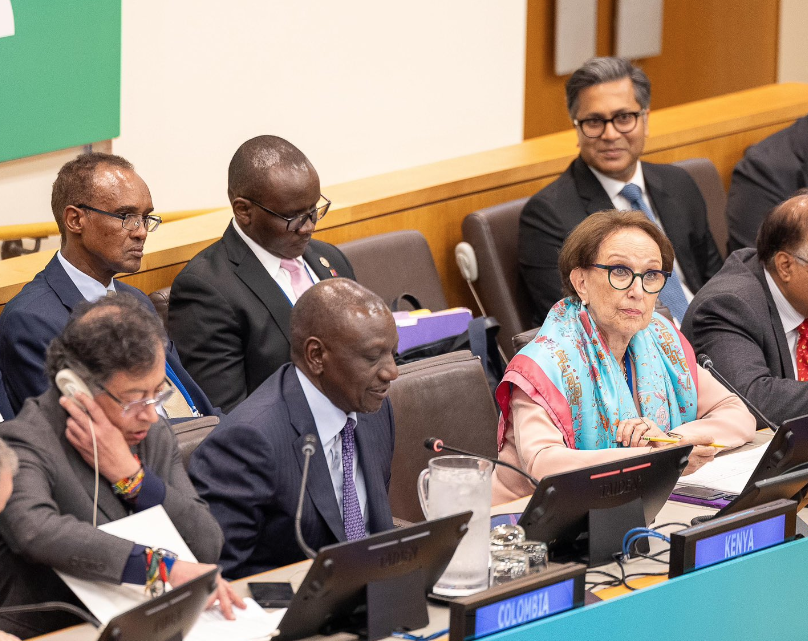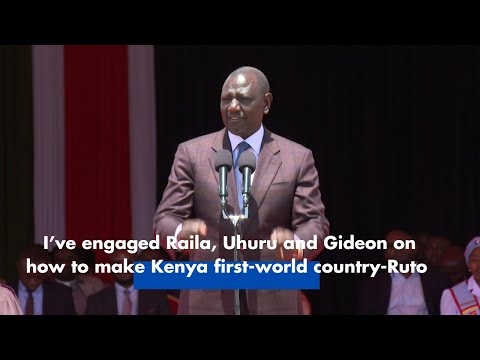
President William Ruto has reaffirmed Africa’s potential to lead the world in sustainable development, calling the continent a key driver of the future green industrial economy.
Speaking during the High-Level Solutions Dialogue on Climate Finance in New York, Ruto said Africa presents some of the most promising opportunities globally for green growth.
However, unlocking this potential, he emphasised, requires a holistic approach where investment in renewable energy, grid infrastructure, and industrial deployment occur simultaneously.
“Africa offers some of the most exciting opportunities for green growth in the world,” Ruto said. “But to get there, investment in renewable energy, grids, and industrial deployment must go hand-in-hand — not one after the other.”
Green industry refers to environmentally conscious economic
growth — a model that balances resource efficiency, environmental protection,
and social well-being.
Ruto underscored that Africa is already taking strides in this direction through flagship initiatives such as the Africa Green Industrialisation Initiative (AGII) and the Accelerated Partnership for Renewables in Africa (APRA).
“We are reforming our policies, mobilising domestic capital, and building strong project pipelines to attract global investors,” he told world leaders and climate stakeholders at the forum.
Highlighting progress on the continent, Ruto announced that eight of Africa’s leading financial institutions recently signed a Cooperation Framework targeting $100 billion (Sh1.2 trillion) in green investment.
“We are doing our part. But to succeed, we need global offtake agreements, market access, and foreign investment at scale,” he said.
The President also voiced concern over the disproportionate financial burden placed on African nations, noting that 60 per cent of climate finance is expected to come from domestic sources — despite the continent’s minimal contribution to global emissions.
“This is manifestly unfair because much of the burden is being placed on countries that have contributed the least to the climate crisis,” he said.
He warned that developed nations must avoid overtaxing small, vulnerable economies that are already grappling with rising living costs and intensifying climate shocks.
“The world must ensure that those able to provide competitive global climate solutions are not held back by unfair financing systems or asymmetries in market access,” Ruto urged.
Closing his address, the President issued a stark reminder of the stakes at hand stating that climate change is a global existential threat.
“What we do, or fail to do, in this moment will shape the destiny of humanity.”












